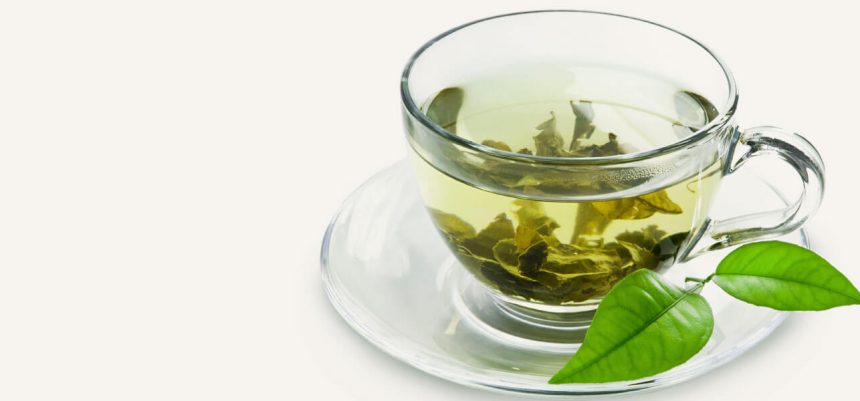Every year, more than 400 million cups of coffee — the most popular source of caffeine are consumed. Caffeine consumption, on the other hand, has fallen out of favor with health-conscious millennials and Gen Z consumers. More and more people want to maximize their day without adding anything that might interfere with their health goals or have negative side effects like unstable energy levels.
What exactly is Decaffeinated Tea?
Tea that has been decaffeinated is referred to as decaffeinated tea. However, the term “decaf” is not regulated by the Food and Drug Administration (FDA), which means that tea labeled “decaf” may still contain traces of caffeine, depending on the process used to decaffeinate it.
All teas can go through this process, but black, oolong, and green teas are among the most popular due to their popularity and naturally high caffeine content. Also read According to Science There are Four Possible Benefits to Fasting
How Does Tea Get Its Caffeine?
Caffeine levels in tea vary greatly. It depends on the tea leaves, the season, and the region from which they were harvested. Because they are protecting themselves, fresh tea leaves contain more caffeine than older leaves.
- Advertisement -
Each one works differently and has a different end result, including flavor. The disadvantage is that tea manufacturers are not required to specify which method of decaffeination they use.
Unfortunately, most decaffeination methods have a negative impact on the flavor profile. If you must have decaf, choose one that has been decaffeinated using the carbon dioxide method, which preserves the flavor better than any other method.
Pros of Decaf Tea
One of the primary advantages of decaffeinated tea is that it can be consumed at any time of day. This means you can have a warm mug before bed to help you relax or one first thing in the morning to help you get your day started. Tea can also be enjoyed more frequently without the extreme highs and lows of caffeine. There are also some minor health benefits, which are present in most types of tea.
Cons of Decaffeinated Tea
When it comes to health benefits, experts say that decaffeinated tea loses about 70% of its polyphenols, also known as flavonoids. In the first place, antioxidants are extremely beneficial because they aid in the elimination of free radicals in the body.
Teas contain a compound known as EGCG, or epigallocatechin gallate. If caffeine sensitivity is a major concern, try drinking tea with lower caffeine levels, such as white tea.
Furthermore, caffeine-free or decaffeinated tea has health benefits such as cancer prevention, cardiovascular disease prevention, and free radical aging, albeit at a much lower concentration. All tea contains less caffeine than coffee, and you get that calm wakefulness as well as additional health benefits. Also read Balance Diet Is The Key to Healthy Life



